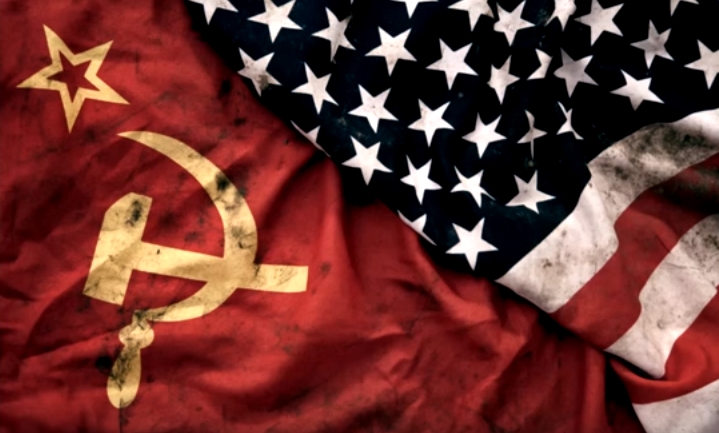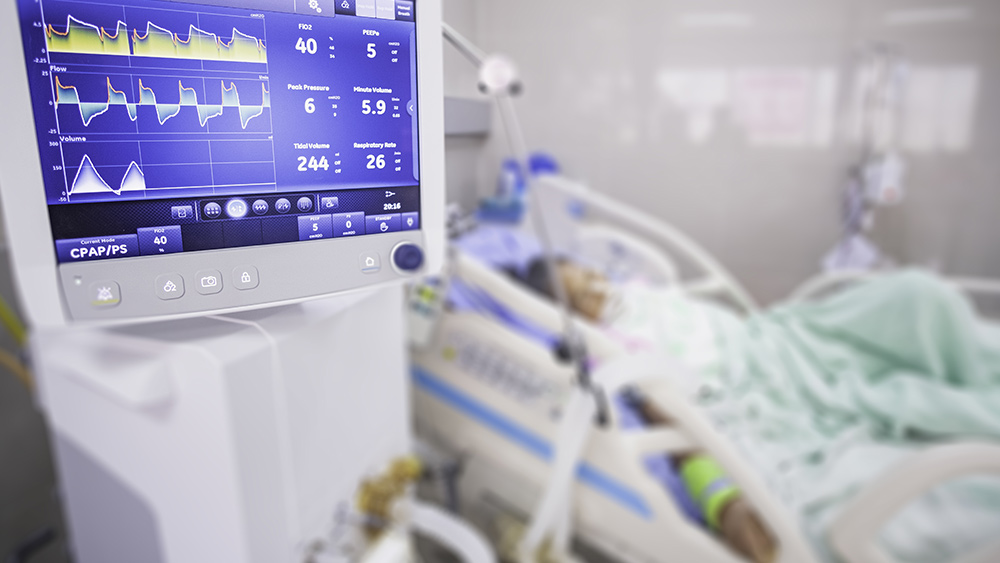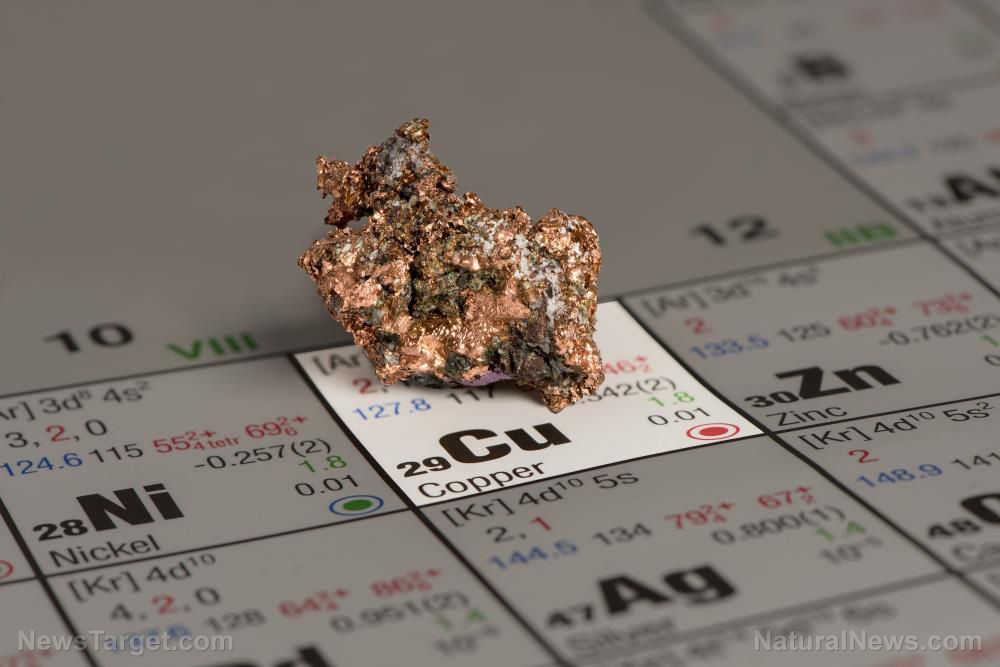
Novel coronavirus continues to spread around the world, and while authorities scramble to try to contain its spread, some Wuhan doctors are turning to vitamin C infusion therapy to help fight the outbreak.
With cases numbering in the hundreds of thousands around the world and a rising death toll, such a therapy could prove very valuable.
Past studies like one from New Zealand have shown that patients who are critically ill tend to have levels of vitamin C that are dangerously low – so low, in fact, that even supplements of the recommended daily intake wouldn’t do much to help.
Vitamin C is considered a strong antioxidant, anti-inflammatory and anti-viral. The New Zealand study’s authors believed the patients’ bodies had been pulling on their vitamin C stores very heavily to try to fight their infections and inflammation, thus causing the catastrophic levels. They suggested that people who are critically ill could need as much as 3,000 milligrams of the vitamin.
This approach is now being considered as a potential treatment for those fighting the coronavirus. The NIH U.S. National Library of Medicine reports that China is carrying out a clinical trial in which patients with a coronavirus-related acute respiratory illness, called severe acute respiratory infection, or SARI, are being given 24,000 milligrams per day of vitamin C intravenously for seven days straight at a Wuhan University hospital.
The researchers in that study say that vitamin C has been chosen not only for its ability to reduce the duration of colds and prevent them but also because a deficiency in the vitamin has been linked to a higher risk of flu and pneumonia. After all, pneumonia is what has been killing many of those who have died from coronavirus, and vitamin C can stop white blood cells from accumulating within the lungs and destroying alveolar capillaries.
Therefore, the study’s authors hope these vitamin C infusions can turn around the vascular injury and fluid overload that has been afflicting those who have developed SARI due to a coronavirus infection. It’s believed that around 140 patients are participating in the randomized clinical trial, and results are expected in September.
Vitamin C flying off store shelves in Asia
In Singapore, meanwhile, there has been a huge spike in the demand for vitamin C and supplements and multivitamins containing the antioxidant. Local supermarket chain NTUC Fair Price, which owns pharmacy chain Unity, reports an “exceptionally high demand” for health supplements and vitamin C in particular, with demand surging by as much as five times the usual level.
Soluble vitamin C is the most popular variety, while capsules and tablets are also enjoying high sales – so high, in fact, that stocks are running low and on the verge of running out.
This is undoubtedly being helped by the fact that many experts are advising those concerned about getting caught up in a coronavirus lockdown to stock up on vitamin C supplements along with canned goods, bottled water, and hand sanitizers. Because it may be hard to get fresh fruits and vegetables in such a situation, vitamin C could prove incredibly useful.
China reportedly has more than 80 clinical trials either underway or in the works right now in hopes of finding effective ways of fighting novel coronavirus.
Although vitamin C is showing some promise, it’s still best to focus your efforts on avoiding the virus in the first place. That means washing your hands frequently with soap and water or using an alcohol-based rub and avoiding touching your eyes, mouth and nose to prevent the spread of this deadly disease.
Sources for this article include:
Please contact us for more information.





















